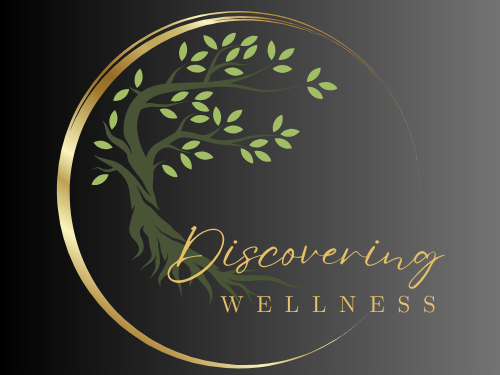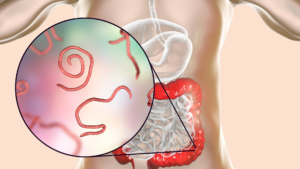
The Pros and Cons of Veganism: An In-Depth Look
Veganism has steadily grown in popularity over the past decade, but is it really healthier and more ethical? In this post, I’ll overview the main benefits and downsides of adopting a vegan diet and lifestyle.
First, let’s examine some of the touted pros of veganism:
Environmental Benefits
There is substantial evidence that vegan diets tend to have a lower carbon footprint compared to diets that include meat and dairy. The animal agriculture industry heavily contributes to greenhouse gas emissions, water pollution from runoff, and deforestation for grazing land. By avoiding animal products, vegans likely help reduce their environmental impact.
Potential Health Benefits
Well-planned vegan diets can certainly meet all nutrient needs and be suitable for all stages of life. Numerous studies link vegan and vegetarian diets to lower rates of heart disease, type 2 diabetes, and certain types of cancer. The fiber-rich whole plant foods emphasized on a vegan diet promote digestive and cardiovascular health.
Ethical Reasons
At the core of veganism is the aim to avoid exploiting animals for food, clothing, or any other purpose as much as possible. Vegans seek to exclude products of animal suffering or labor from their lifestyle. This is the primary motivation for many vegans.
Now let’s examine the potential cons and downsides:
Nutrient Deficiencies
While planned well, vegan diets can lack certain key nutrients. Vegans are at particular risk for deficiencies in vitamin B12, iron, zinc, calcium, and omega-3s compared to non-vegans. Reliance on supplements and fortified foods is often necessary to obtain optimal amounts.
Debate Over Optimal Health
Some health experts argue that certain animal-derived nutrients are difficult or impossible to obtain in adequate amounts from plant sources alone. They contend that nutrients like B12, carnosine, creatine, DHA, heme-iron and taurine occur exclusively or optimally in meats, eggs, and dairy. More research is still needed on the long-term effects of excluding these nutrients.
My Take on the “Circle of Life”
In my personal opinion, eating meat and using animal byproducts can be ethical and healthy in moderation. The life and death of animals are part of the natural cycle that humans have always been integrated in. Rather than fully exclude animal foods, people may aim to cut back on meat, choose high-welfare sources, and avoid waste. This allows us to respect the animals that nourish us while still acknowledging our role in the greater ecosystem.
In closing, veganism has some compelling ethical reasons and potential health perks, but also significant constraints for many people. There is no unambiguously right lifestyle for everyone. Those who do choose veganism must put in work to ensure it meets their individual nutritional needs. But it can be worth it for both personal health and promoting a more humane food system overall.



